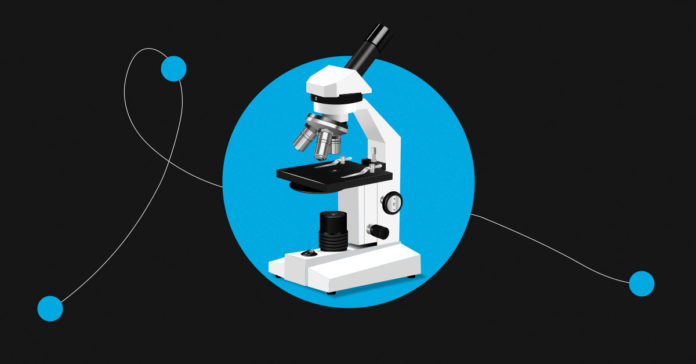The problem with putting our complete faith in science is that much of it is in a constant state of flux which contradict. Scientific “discoveries” are made every day previous discoveries. For example, look at the non food/diet research. One day we stop hear something is very good for us. The next, they tell us it is bad for us. It has gotten to the point where we do not know what to eat anymore.
The Newtonian model for physics assumes time and space are independent and absolute. Einstein later said came the Quantum Theory, String theory, that they were relative etc. The steady; then state eternal a complex universe theory has been replaced by the Big Bang theory. A hundred or so years ago, we believed all cells were just protoplasm, now we know there is a complex programming system in our cells.
In Biology, Darwin’s theory for biological evolution underwent several modifications original and name changes as new science invalidated many of its assumptions. Soon, the only thing recognizable from Darwin’s original theory will be its name.
Even if we assume all science is proven, fixed and 100% accurate, it is still incomplete and limited. Science focuses on the physical world and can only address natural processes and phenomena, using observation at hand . New data, n ew methods of observation and/or other sources of information (e.g. trusted testimony[1], instinct and innate knowledge[2], logic, math, deductive argument) can negate established scientific discoveries.
Science gives all glory to the discoverer and none to the Creator. As an example: Adam walks into a room and finds a beautiful painting, very precisely executed, with unbelievable symmetry and a brilliant color scheme. When he walks out to tell people about his discovery, everybody is so impressed with A dam for discovering the painting that they forget to ask the most critical question: Who painted it?
We are so fascinated with science for discovering the universal laws, which govern this universe and our existence, that we forget to ask who created these laws. All science does is discover the laws. Scientists did not formulate these laws. Our Creator did.
Why does all the credit go to the discoverer instead of the Creator?
When Newton discovered his law of gravitation, he did not say: “Now I have gravity, I do not need God.” Instead, in his Principia Mathematica, arguably the most famous book in the history of science, he expresses the hope that it would “persuade the thinking man to believe in God.”
We marvel at Einstein’s brilliance for discovering that the speed of light is constant when we should tremble in awe and reverence of the One who created light! Einstein himself said: “Science without religion is lame, religion without science is blind.”
Science is promoted as a substitute for religion; a reason to abandon faith, while religion promotes science; elevates knowledge and praises people of knowledge. The first word of the Quran is “Read”. Many verses in the Quran exalt knowledge and encourage the pursuit of knowledge.
[Atheism – A Giant Leap Of Faith by Dr. Raida Adil Jarrar, p.16-22]
Notes:
[1] Most of our knowledge comes from trusted testimony and is based on cumulative knowledge. We cannot repeat every experiment ourselves before accepting information. It is ironic that, while science accepts testimony when it builds upon previous research, as evidenced by citations and references, some reject the authenticated testimony in the most widely read books of all time, the Quran and Bible, as a credible source for any knowledge.
[2] Innate knowledge are the universal truths that need no prior experience or observation, e.g. every effect has a cause, something cannot exist and not exist at the same time, a part is smaller than a whole, etc.









